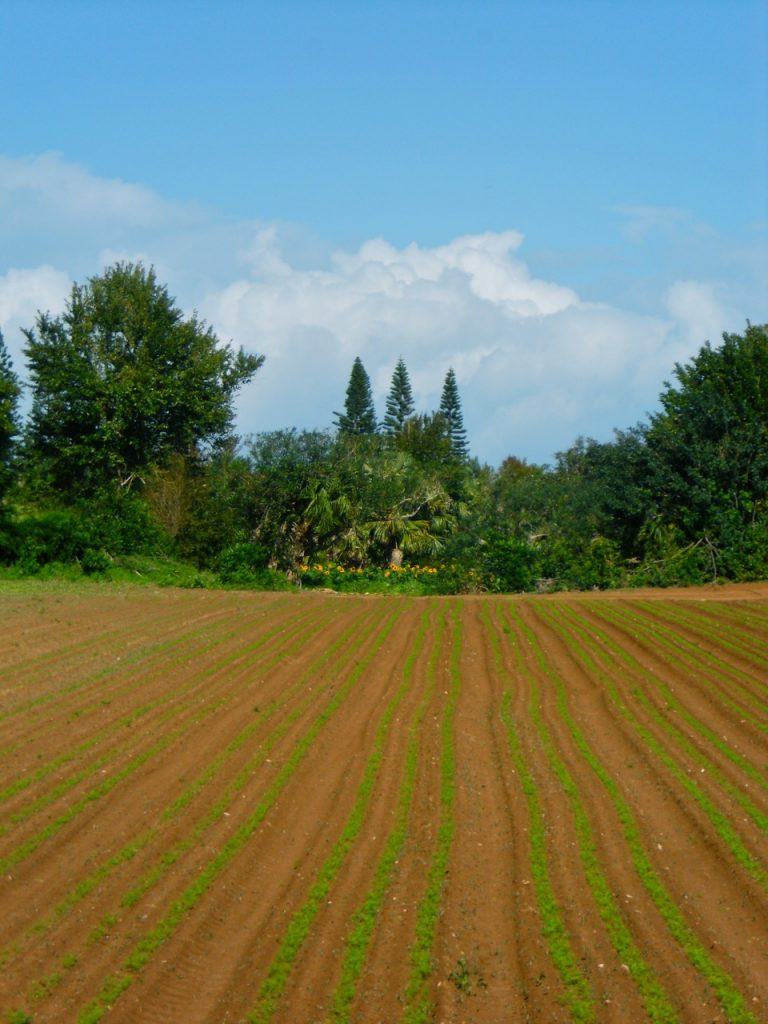2018 is a pivotal year in terms of our aspirations for land use in Bermuda. Every 10 years or so, the Bermuda Government, led by the Department of Planning, undertake a review of the Bermuda Plan that “provides for the land use and development requirements of the Island”.
The island’s sixth development plan will essentially reflect the way we position ourselves in terms of development versus conservation potential. The process is a kind of environmental census that will shape the future of Bermuda.
Options for land use are roughly grouped under:
- [i] development zones which include the categories of: Rural, Residential 1 and 2 [denoting more or less dense residential areas], Tourism, Institutional, Commercial, Mixed Use and Industrial, or
- [ii] conservation zones/areas which include the categories of: Nature Reserve, Park, Coastal Reserve, Open Space Reserve, Recreation, Woodland Reserve, Agricultural Reserve.
The Draft Bermuda Plan 2018 will be released before the summer with, for the most part, decisions already made regarding zoning. Those decisions will determine the future of development and conservation in Bermuda.
The Bermuda Environmental Sustainability Taskforce [BEST] believes it is in our collective best interest to raise awareness so that we, as the residents of this small island, understand the implications behind the process and are happy with how it works.
To give you some perspective, in the early 1900s, arable land available for agricultural use stood at approximately 3,000 acres, dropping to 1,500 in the mid-1900s, and now stands at just over 700 acres available today. This is a reduction of 77%.
Furthermore, as a 2010 study found, ‘only 360 acres are being actively farmed’ and, between 1995 and 2007, ‘28% of planning appeals to the Minister involved residential development on agriculturally zoned land’ . These are statistics worthy of concern: the increase in development zones means a decrease in the amount of land protected for conservation. Our limited open spaces are clearly at serious risk.
Read more here: http://bernews.com/2018/02/future-conscious-creative-development-conservation/

